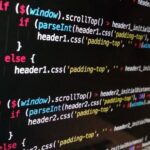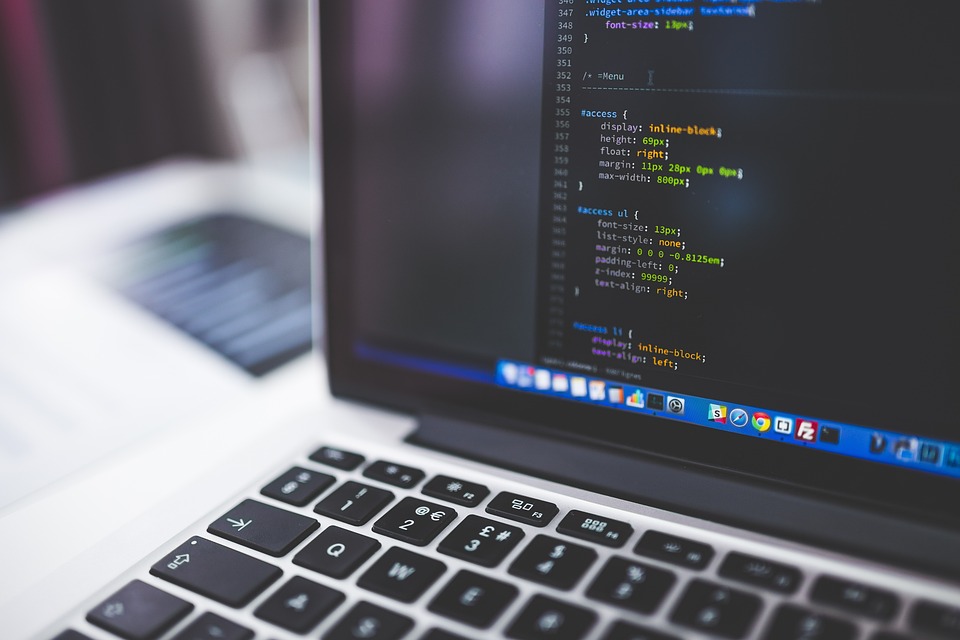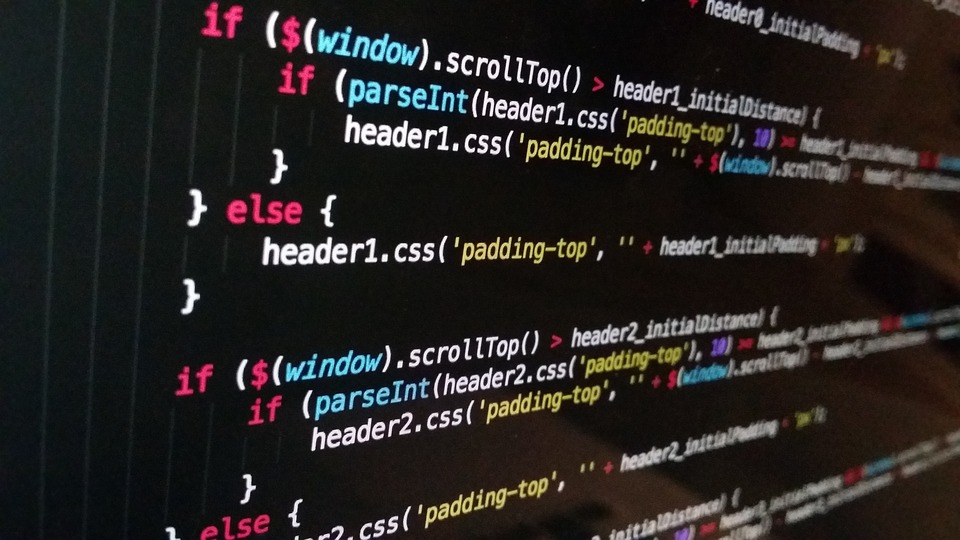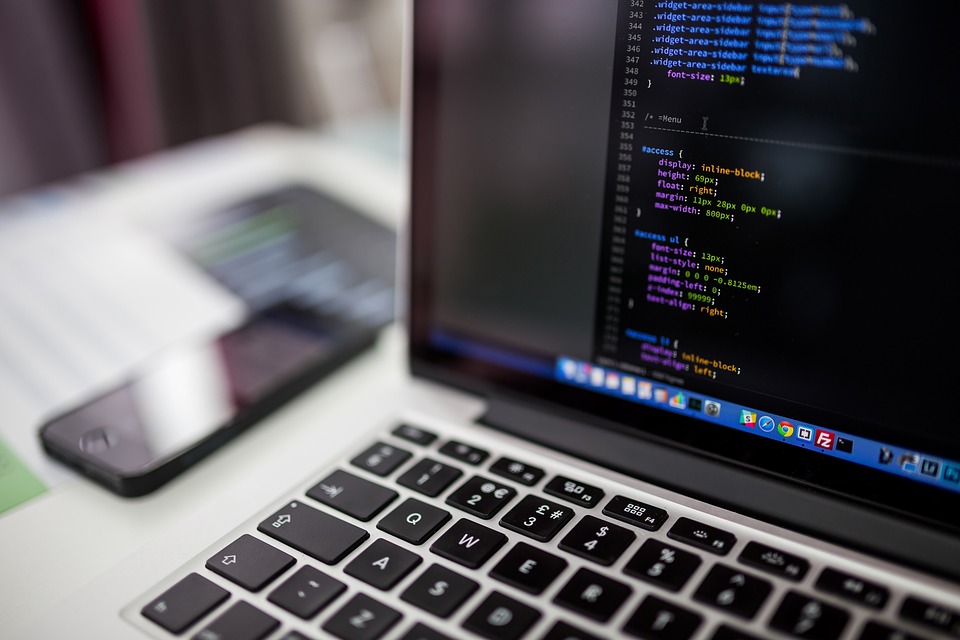Writing clean and efficient code is an essential skill for any programmer. Clean code not only helps in making the code easier to understand, but also makes it more maintainable and scalable. In addition, efficient code ensures that the program runs smoothly and without any unnecessary hiccups. In this article, we will discuss some best practices for writing clean and efficient code.
1. Use meaningful variable and function names: One of the most important aspects of writing clean code is to use meaningful names for variables, functions, and classes. This makes the code more readable and understandable for other developers who may need to work with it in the future.
2. Keep functions and methods short: Another best practice for writing clean and efficient code is to keep functions and methods short and focused. This makes the code easier to understand and maintain, as each function or method is responsible for a specific task.
3. Comment and document the code: Adding comments and documentation to the code is important for making it more understandable. This can help other developers understand the purpose and functionality of the code, as well as any potential pitfalls.
4. Minimize nested loops and conditional statements: Nested loops and conditional statements can make the code hard to read and understand. It’s important to avoid unnecessary nesting and try to keep the code as flat as possible.
5. Use efficient data structures and algorithms: When writing code, it’s important to use efficient data structures and algorithms to ensure that the program runs smoothly and without any unnecessary hiccups. This can help reduce the time complexity and space complexity of the code.
6. Refactor and optimize the code: Refactoring and optimizing the code is an ongoing process that involves identifying and fixing any inefficiencies and redundancies in the code. This can help improve the performance and maintainability of the code.
7. Test the code thoroughly: Thoroughly testing the code is essential for ensuring that it works as expected and doesn’t have any bugs or errors. This can help catch any potential issues early on and ensure that the code is clean and efficient.
In conclusion, writing clean and efficient code is essential for any programmer. By following these best practices, developers can ensure that their code is not only easy to understand and maintain, but also runs smoothly and efficiently. This can ultimately lead to a more successful and productive development process.










